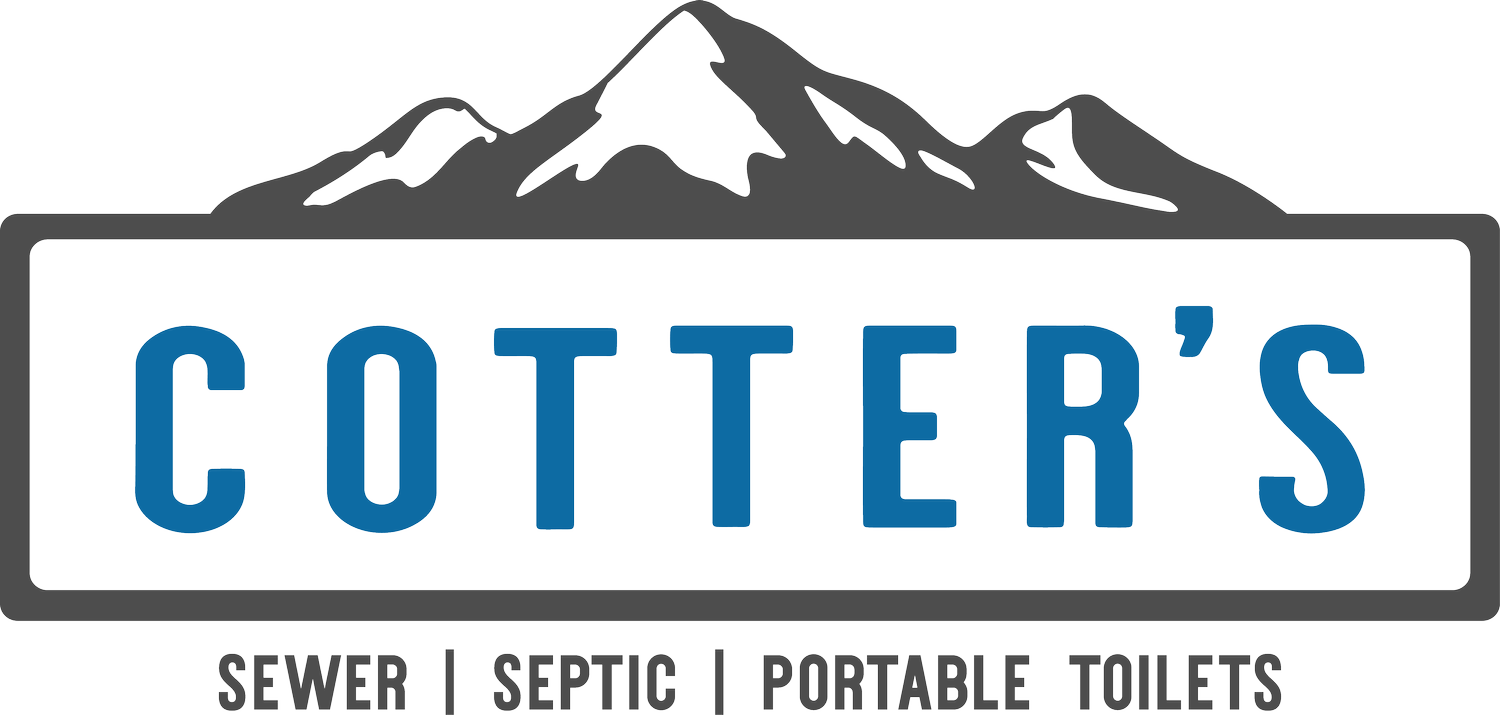Restaurant Grease Maintenance
Fats, Oils & Grease (FOG) are a problem for restaurants, as FOG can buildup and clog sewer pipes and lead to expensive damages for both restaurants and the city.
When FOG enters the sewer lines, it cools, solidifies, and can stick to the inside of the pipes, trapping food particles and other debris. Over time, this buildup will obstruct the flow of wastewater and eventually cause sewage to back up.
Things to Avoid
Don’t allow FOG into kitchen drains, storm drains, catch basins, etc.
Don’t connect dishwashers to the grease system
Don’t put degreasers in the system -they can cause issues with the treatment process
Don’t allow FOG into storm drains, catch basins, etc.
Don’t improperly dispose of fats, oils, and grease
Maintenance Check List
Clean vent hoods and filters regularly protect drains with a screen
Prevent spills of FOG
Dry scrape leftovers into a trash bin, not the sink
Keep records of cleaning, inspections, and service
Train staff on best management practices to keep FOG out of sewer pipes
Grease interceptors should be on a scheduled cleaning cycle, using only state-licensed septic pumpers/haulers.
Discharge Restrictions
Municipalities’ rules and regulations for restaurants and their grease maintenance may vary. For example, we have cited the Billings Municipal City Code below regarding the discharge of FOG. We recommend checking with your local municipality to ensure your restaurant is compliant.
Section 26-402 of the Billings Municipal City Code (BMCC) specifies that it is prohibited to discharge septage or trucked waste, including fats, oils, and grease, directly or indirectly into any wastewater system or storm sewer.
How can Cotter’s Sewer Inc. help?
Grease Trap/Interceptor Pumping
Grease interceptors should be on a scheduled cleaning cycle, using only state-licensed septic pumpers/haulers. Cotter's Sewer Service Inc. can schedule routine cleanings to ensure your grease trap is working properly. With Cotter's, you can trust us to keep your kitchens safe because we are fully licensed and insured, practice thorough cleaning techniques, and dispose of all waste properly.
Hot Water Jetting
Grease entering the drain is difficult to avoid in a commercial kitchen. Clogged or slow pipes may still occur, even with regular grease pumping. Hot water jetting is a highly pressurized method to clear away the toughest grease and grime in the sewer lines. Whether it's an emergency or scheduled maintenance, Cotter's can act promptly and professionally to get your drains cleared.
